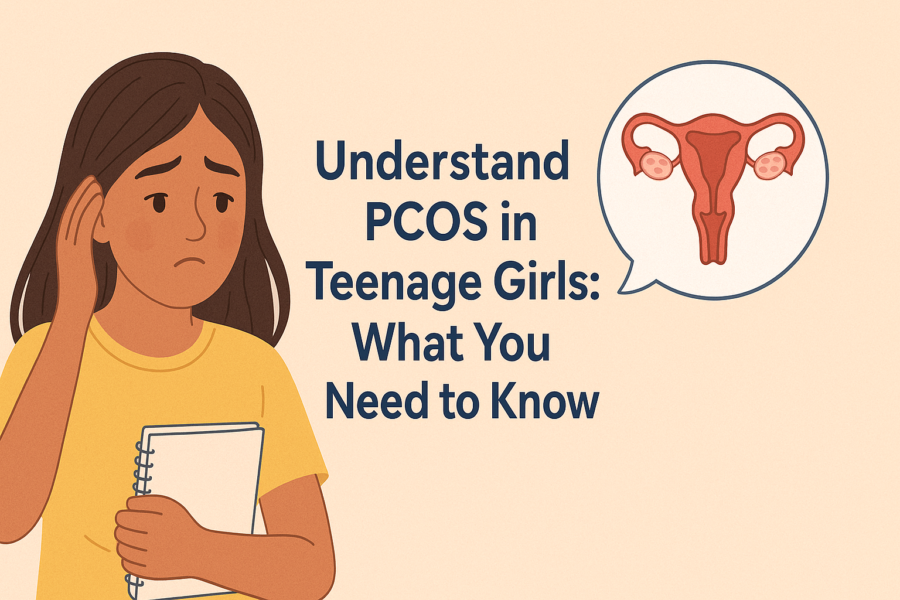What is Morning Sickness
Morning sickness is nausea and vomiting during the first trimester. It can start from the day you missed your period to the end of the first month. It is usually considered a good sign of pregnancy and often makes you test! Morning sickness, a common companion during pregnancy, can be both physically and emotionally challenging for expectant mothers. About 70% of women during pregnancy suffer from this change. Morning sickness can happen at any time of the day and is rarely severe. All this tends to improve in the beginning of the second trimester. The first trimester is usually very demanding for new mothers but a good diet and lifestyle changes can solve the game! All you have to do is dive into this to overcome the discomforts.
Is Morning Sickness completely normal?
Morning sickness during pregnancy or 1st trimester is considered completely normal in most women. The real cause of morning sickness is not known, but it is believed that hormonal changes due to pregnancy, blood pressure and sugar can be a reason. Furthermore, travelling, certain food habits and lifestyle can greatly impact nausea during pregnancy. It is generally advised to be wiser while making food choices. Here’s a list for you to make a visit to doctor :
- No urine or only a little urine that’s a dark colour
- Keeping liquids down
- Feeling dizzy or faint when you stand up
- Your heart races
Understanding the dos and don’ts can help you navigate this phase with more ease. Here’s a comprehensive guide to support you during this crucial time.
Dos:
Stay Hydrated:
Ensure you drink plenty of fluids, especially water, to stay hydrated. Dehydration can exacerbate nausea, so sipping water throughout the day is crucial.
Small, Frequent Meals:
Opt for smaller, more frequent meals to keep your stomach from being empty for too long. This can help alleviate nausea and prevent an empty stomach from triggering more discomfort.
Balanced Diet:
Focus on a well-balanced diet with a mix of proteins, complex carbohydrates, and healthy fats. Consider bland and easily digestible foods like crackers, rice, and bananas.
Ginger for Nausea:
Ginger has natural anti-nausea properties. Incorporate ginger tea, ginger candies, or ginger ale into your routine to help ease morning sickness during the First trimester of your pregnancy.
Rest and Relaxation:
Prioritising rest and relaxation to minimise stress is the key during pregnancy. Fatigue can worsen morning sickness, so make sure to get enough sleep and take breaks when needed.
Don’ts:
Avoid Triggers:
Identify and avoid triggers that worsen your nausea. This may include strong smells, certain foods, or even certain environments.
Skip Meals:
Skipping meals can lead to low blood sugar levels, making nausea more intense. Stick to a schedule of regular, small meals to keep your energy levels stable.
Caffeine and Spicy Foods:
Limit your intake of caffeine and spicy foods as they can irritate your stomach and exacerbate nausea. Opt for milder options to minimize discomfort.
Lying Down Immediately After Eating:
Refrain from lying down immediately after eating during pregnancy. Give your body time to digest the food by staying upright for at least 30 minutes after meals.
Self-Medication:
Consult your healthcare provider before taking any over-the-counter medications during pregnancy. Self-medication can have adverse effects on your baby’s development, so it’s essential to seek professional guidance.






